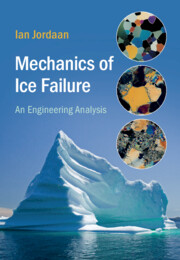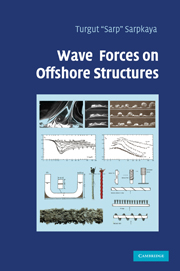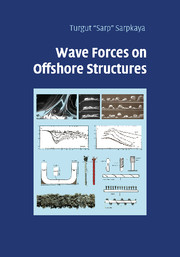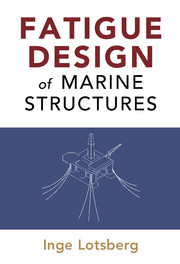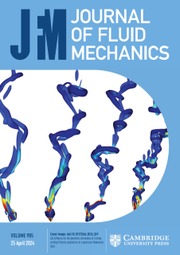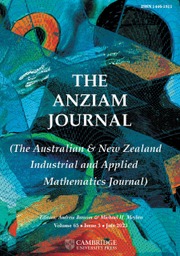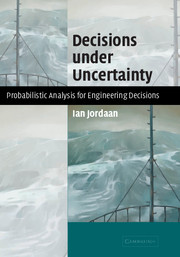Mechanics of Ice Failure
Featuring real-world examples and practical methodology, this rigorous text explores time dependence in the mechanics of ice. Emphasizing use of full scale data, and implementing risk-based design methods, mechanical theory is combined with design and modelling. Readers will gain understanding of fundamental concepts and modern advances of ice mechanics and ice failure processes, analysis of field data, and use of probabilistic design methods, with applications to the interaction of ships and offshore structures with thick ice features or icebergs. The book highlights the use of viscoelastic theory, including nonlinearity with stress and the effects of microstructural change, in the mechanics of ice failure and fracture. The methods of design focus on risk analysis, with emphasis on rational limit-state principles and safety. Full discussion of historical discoveries and modern advances – including Hans Island, Molikpak, and others – support up-to-date methods and models to make this an ideal resource for designers and researchers.
- Provides the fundamental theory of ice mechanics and ice failure processes, as well as new developments including viscoelastic theory
- Includes methods of design based on risk analysis, emphasizing efficiency, safety and rational limit-state principles
- Features real-world examples, highlighting the use of field data in research and design of ships and offshore structures
Product details
March 2023Hardback
9781108481601
244 pages
250 × 174 × 15 mm
0.6kg
Available
Table of Contents
- Part I. Basics and Design for Compressive Ice Interactions:
- 1. Introduction
- 2. Ice behaviour under stress and tools for analysis
- 3. Design basics and ship trials
- 4. Fixed structures and medium scale indentation tests
- 5. Design for ice loading
- Part II. Theory of Time-dependent Deformation and Associated Mechanics:
- 6. Viscoelastic theory and ice behaviour
- 7. Complex states of stress and triaxial tests
- 8. Damage analysis and layer formation
- 9. Fracture of ice time-dependency
- 10. Concluding remarks
- A. Précis of the work of R A Schapery
- B. Preparation of laboratory ice test samples.

